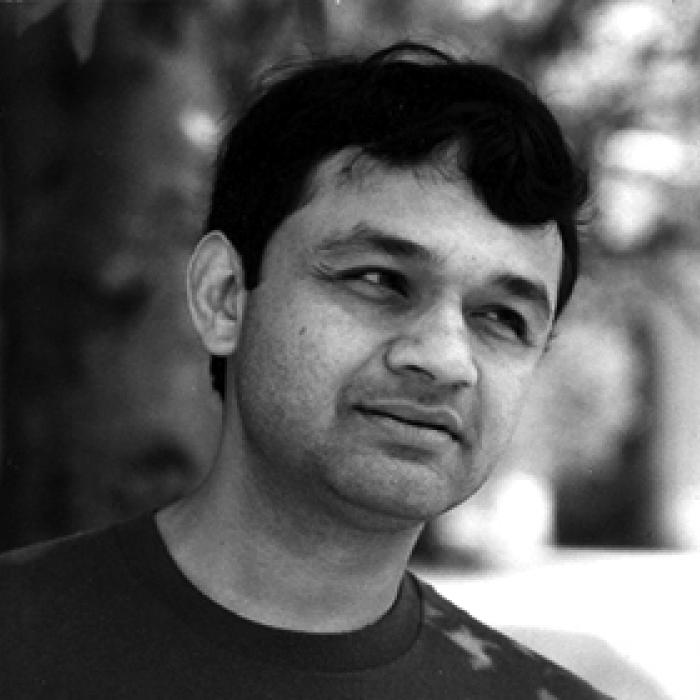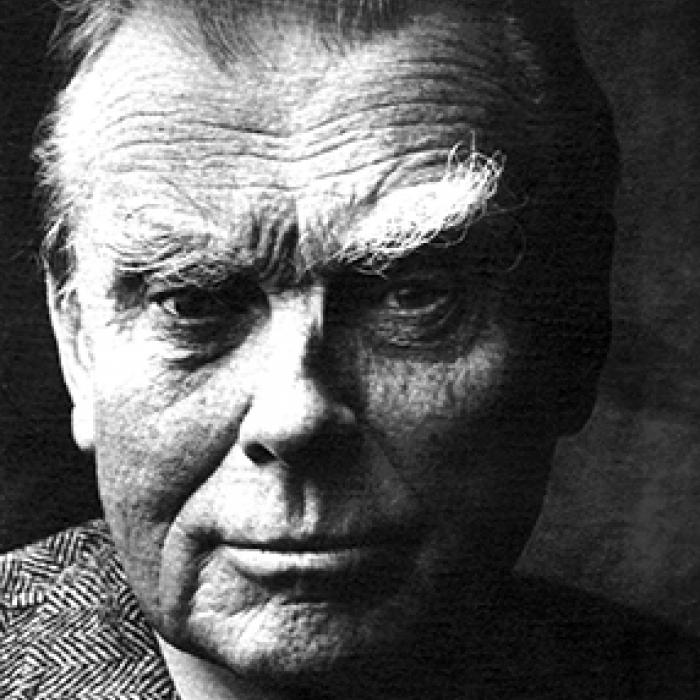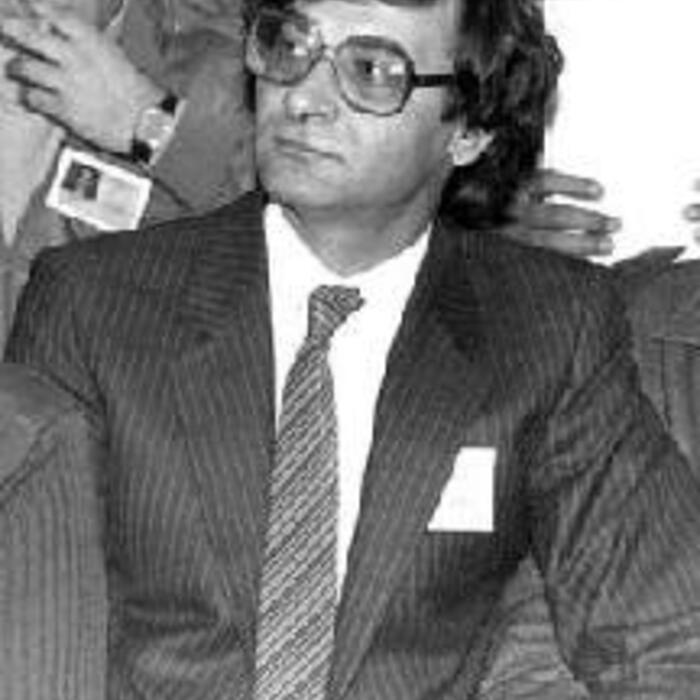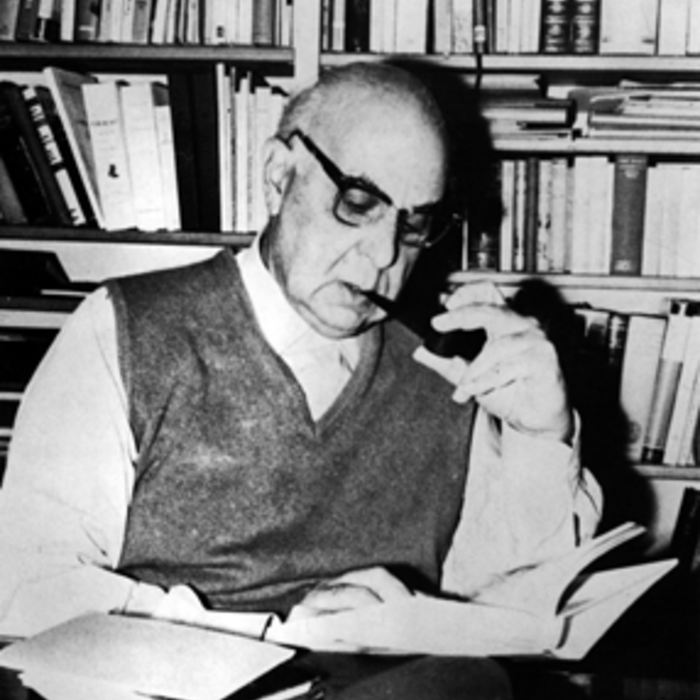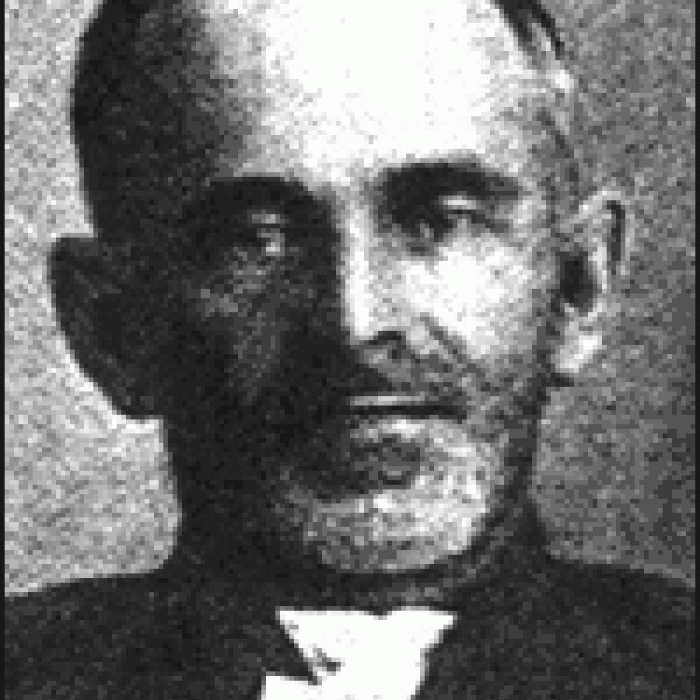Miguel de Unamuno
Poet, novelist, and playwright Miguel de Unamuno was born on September 29, 1864, in the Basque city of Bilbao. Unamuno’s father, Felix, died when the poet was six, and his mother, Salomé Jugo, gave her children a devout Catholic upbringing. Unamuno at one time wished to become a priest, but his love for a childhood sweetheart, Concepción Lizárraga, kept him from the priesthood. They would marry in 1891. Unamuno attended the University of Madrid, where he studied languages and philosophy and received a PhD in 1884. He returned to Bilbao after school and, in 1891, became a professor of Greek at the University of Salamanca. In 1900, Unamuno became the rector at the university. Throughout his life, he would publish essays on metaphysics, politics, religion, and travel. He also published more than ten novels and numerous plays.
Unamuno did not begin to publish poetry until the age of forty-three. His first book, Poesías (1907), used common Spanish to offer the poet’s impressions of nature and travel. Unamuno had translated the poets Samuel Taylor Coleridge and Giacomo Leopardi, and their influence on his early work is clear. In 1907, Unamuno published Rosario de sonetos lícos [Rosary of Sonnets, 1911], which was followed in 1920 by El Cristo de Velasquez [The Christ of Velasquez, 1951]. Begun in 1913, The Christ of Velasquez ran 2,538 lines and reflects the poet’s desire to define a uniquely Spanish Christ. Many people consider it to be Unamuno’s greatest poem.
During the summer of 1920, while El Cristo was in press, Unamuno prepared a volume of travel sketches, Andanza y visions [Spanish Travels and Visions, 1922]. Many of the prose poems in this volume were published in daily newspapers, and the book contains some of Unamuno’s most anthologized work. This book was followed by Rimas de dentro [Rhymes from Within, 1923], and another book of prose and verse, Rimas de un poeta desconocido presentadas y presentado por Miguel de Unamuno [Teresa: Rhymes of an Unknown Poet Presented by Miguel de Unamuno, 1924].
Before copies of Teresa reached Unamuno, political events forced a change in his life. On September 13, 1924, General Miguel Primo de Rivera launched a successful military coup in Spain. Unamuno published a number of articles critical of the new government. He was exiled without his family in 1924 to the island of Fuerteventura in the Canaries. His exile brought him international attention and acclaim. He left Fuerteventura for Paris on a private boat and, in 1924, he published De Fuerteventura a París: Diario íntimo de confinamiento y destierro vertido en sonetos [From Fuerteventura to Paris: Intimate Diary of Confinement and Exile Poured out in Sonnets]. While in Paris he completed Romancero del destierro [The Ballads of Exile, 1928], which would be the last book of poetry published in his lifetime.
In 1930, King Alfonso of Spain removed the dictator, Primo de Rivera, and in February, Unamuno triumphantly returned home and regained his position as rector at the University of Salamanca. When General Francisco Franco took power in 1936, many of Unamuno’s friends and colleagues were executed. At the university convocation, the poet angrily denounced Franco’s rebellion. General Franco gave permission to shoot Unamuno, but, to avoid an international incident, the poet was confined to strict house arrest, where he died on New Year’s Eve, 1936.

